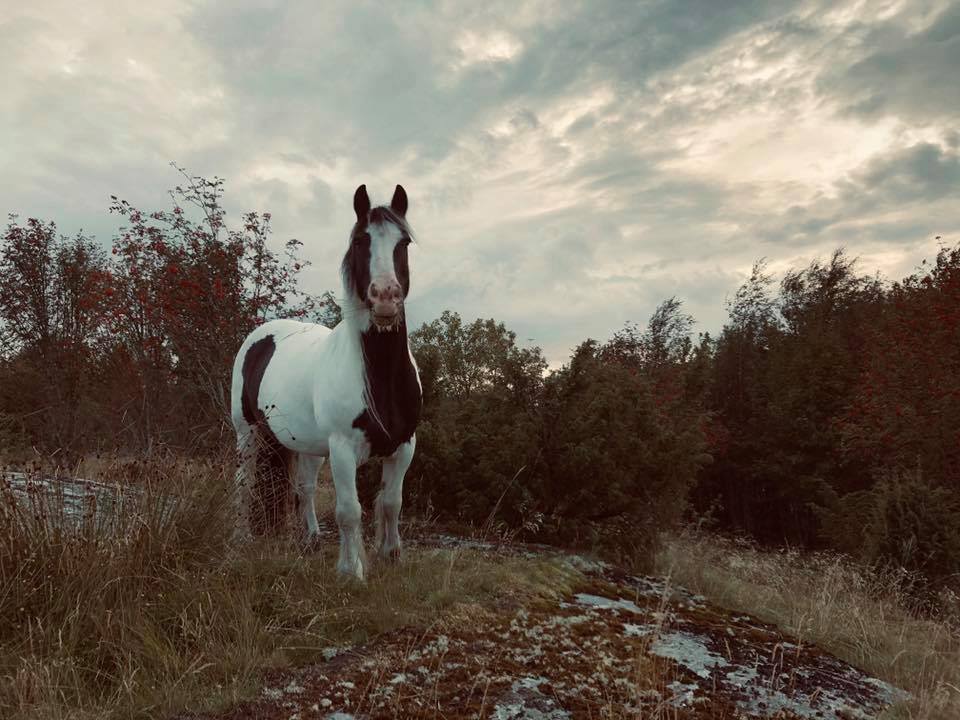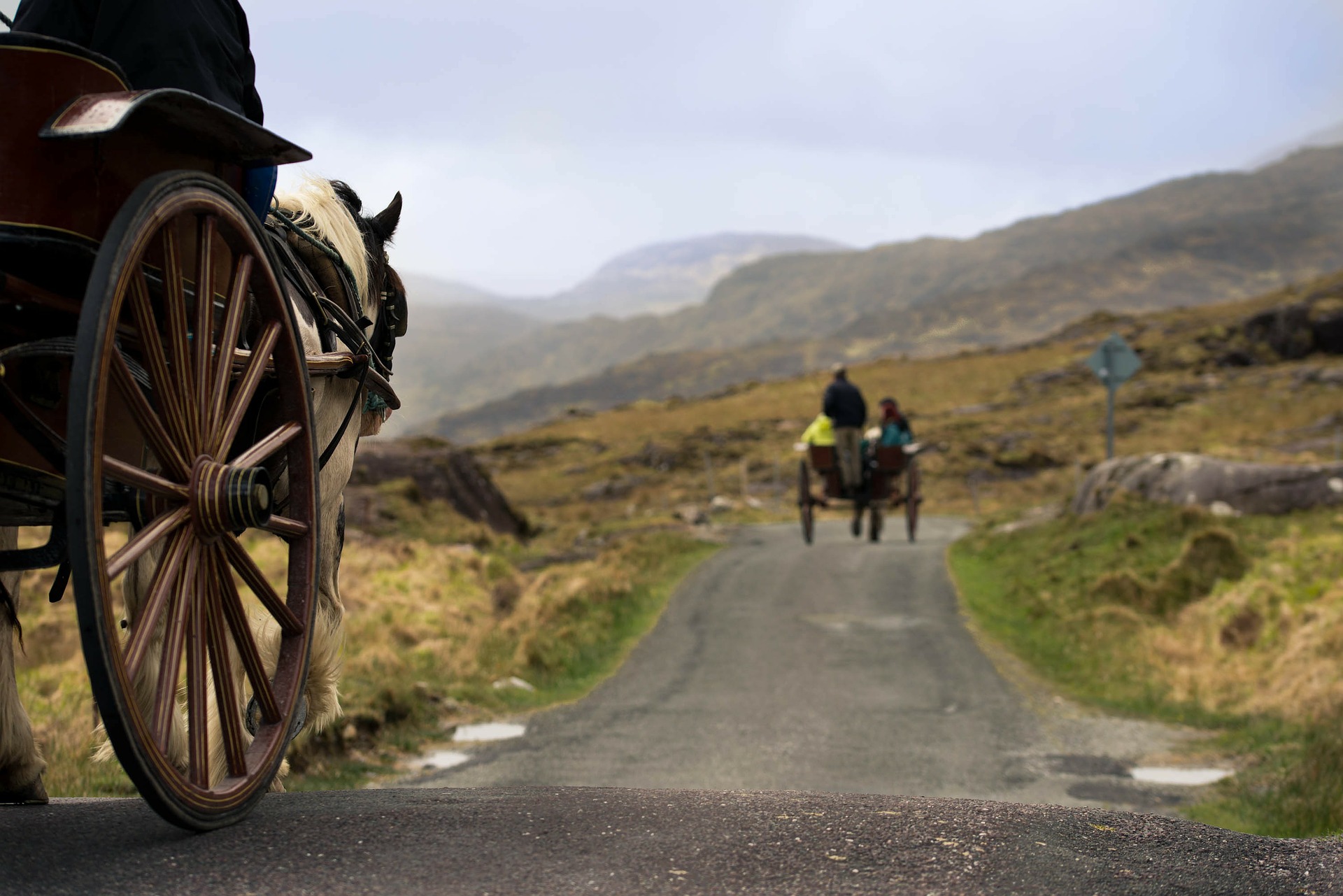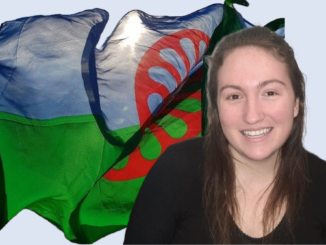
DIKKO har många läsare i USA och vi har därför bett Jack Pearce från St Louis Missouri att skriva i DIKKO. Han har tidigare blivit intervjuad av DIKKO och tillhör de romanifolks som bor i USA (American Romanichal)
American Romanichal, Jack Pearce and Amanda Schreiber
First landing
Romanichal have been in America most likely since the rule of England, probably before that. Some were deported here, some may have come freely. But most that still maintain our identity as Romanichal are descended from a mass migration that began around the middle of the 19th century.
I can only imagine how things were for the first generation that came to America, what kind of life they lived in England that they sight to escape and what they expected to find in America. I do believe that what they found here exceeded most of their expectations because very few returned to England once coming here. They had a new start with almost none of the old myths and stereotypes facing them here. I don’t know of any of the first generation that came here that didn’t prosper. Most all early newspaper stories about the English gypsies were quite favorable and portrayed them in a positive light.
How things change so quickly.
Today, Romanichal and other Romani people in America pretty much fly under the radar, so to speak. You would be very hard pressed to stop any average American on the street, ask them what or who the Romani are and get a correct answer. To most Americans, a gypsy tells fortunes with a crystal ball, wears a scarf on their heads and dresses as something out of the middle ages. But when you do find someone that does know what a Romany gypsy is though, it’s almost always never good.
Scam artists. Thieves. Ignorant. Uneducated.
To them that’s what we are and always will be until we conform to their standards. We don’t face anywhere near the amount of racism and bigotry that our people in England and Sweden face though. Luckily, we’re rarely known by gorgas outside our local communities. But eventually, even in a country this size, things will change and we will face oppression on the scale that the Romani in Europe endure. I’m afraid that no matter what type of example we set, there will be people that just don’t like minorities of any kind.
Jal o drom
There are some that have settled and stopped traveling and set up business to find a more stable life, while still holding onto their Romanipen. They still maintain ties with family, still vacation together, go to church revivals, parties, weddings and will travel thousands of miles to the one event that definitely brings us all together, a funeral.
But a large majority still travel in the summer in search of work until winter approaches. Painting farm buildings and houses, laying asphalt (tarmac), roofing, tree trimming, all the trades that are common among our people here. Then we head south in winter back to our homes, camps and our communities. We visit, enjoy the holidays and relax. Well some do. Myself I have to work 52 weeks a year
Coming together
In England, there are the horse fairs like Appleby or Stow where Romani and Travellers from all over come to fellowship. In America, horses have all but been lost to us. While there are still some that do own and trade in horses, they are few. We know our history in America was built on horse trading, but that’s long since faded away. We still have a love for things associated with horses such as saddle rings or horseshoe rings and such. We do though have events that bring us all together at different times of the year. Most of them revolve around Romanichal and Traveller Church organization events. Revivals, separate conventions for the youth, men and women where people come from all over. Then we also have sporting events such as softball, golf, drag racing and fishing tournaments that are each held one or two times a year.
Men come to represent themselves, their camp and their family for pride in good natured fun. None of these though will probably compare in size to the smallest of fairs in England. But being such a large country, it’s hard to make every event when you have to drive hundreds, sometimes thousands of miles to attend them. But we still love and desire to see and visit with each other. For some it’s their only chance to see old friends and family outside of a funeral.
Now I’m just one man among thousands here. Not everyone still lives the traditional life that most of us have held onto, only adapting or modernizing when it becomes a necessity. But we all still hold on to our culture, our history and most of all, our love for all our Romani people across the world. So with that I say this:
Come on over! There’s plenty for everyone!
You won’t be strangers in a strange land. You all have people here that would love to see everyone come to this new world.
Jack Pearce
Redaktionen
redaktionen@dikko.nu




